The university’s demonstration policies say the university may call upon local law enforcement agencies, including Marquette University Police Department and Milwaukee Police Department, to suspend or stop protests that violate the university’s guidelines.
The university currently has two demonstration policies in place: the UPP 6-11 Demonstration Policy, Aug. 27, and the Alumni Memorial Union Demonstration Policy, effective Aug. 28.
Both policies say “disruptive” demonstrations, which are prohibited on campus, could prompt law enforcement action. These demonstrations include blocking entrances, not having prior written university approval for a demonstration outside of the Alumni Memorial Union, using audio speakers, obstructing the normal operations of the university or damaging property.
MUPD Assistant Chief Jeff Kranz said when the university created the policies, they reached out to MUPD about sections that concerned the department.
Kranz said MUPD would intervene in a demonstration to protect public safety.
“If there’s a threat of somebody getting injured or causing harm, that’s when we’d have to step in and intervene and try to diffuse whatever’s occurring,” he said.
Since demonstrations often occur spontaneously and don’t follow a timeline, Kranz said MUPD’s response to demonstrations may vary on a case-by-case basis.
“Five people can turn into 20 people, people can change where they’re demonstrating at, so there’s no set playbook for these things. Each one is different,” Kranz said. “They all evolve differently.”
In the past, Kranz said MUPD interceded in periodic disruptive religious demonstrations that drew counter protests and helped mediate. Kranz did not name which religious organizations were involved.
He said MUPD officers are currently undergoing crowd safety training in preparation for the upcoming Democratic National Convention in Milwaukee next summer. He said the training was not directly related to enforcement of the university’s demonstration policy, but officers learned how to read crowds, including whether a crowd has violent potential.
They also learned about different formations, how to deescalate and tactics to resolve conflicts without hands-on intervention.
“My officers are being overwhelmed with training right now,” he said.
MUPD isn’t the only enforcement mechanism the demonstration policies name.
Students who participate in or facilitate disruptive demonstrations “may face disciplinary action, disciplinary actions under the Code of Student Conduct, the Student Organization Handbook, the Employee Handbook or the Faculty Handbook, or other applicable policies,” the policies say.
The policies also name the “Dean of Students” or “designee” — a vague term for someone designated to do something — as people who have authority to stop or suspend demonstrations on campus.
The policies says the university “may also seek the assistance of law enforcement, such as the Milwaukee police, to disband unlawful or unauthorized demonstrations.”
MPD Sgt. Sheronda Grant did not comment on its possible enforcement of Marquette’s policies regarding campus protests, and deferred to a standard operating procedure regarding mutual aid. According to the document, the procedure was effective June 22, 2016, and reviewed July 18, 2018. Kranz said the agreement between MPD and MUPD was part of commissioning in 2015.
Any Wisconsin law enforcement agency can assist another Wisconsin law enforcement agency within the agency’s jurisdiction, according to the procedure.
“Fundamentally, Marquette is not just a private institution, but the owner of private property, and it is commonplace for law enforcement to protect a landowner’s property rights under state law,” Scott Idleman, a Marquette professor of law, said.
The policies state that demonstrators should expect Student Affairs staff or MUPD to be present at demonstrations on campus. It is necessary “to ensure organizers’ own rights are protected and the university’s regular operations and activities are not interrupted,” it says.
The policies state that this is not an attempt to deter or interfere with properly approved demonstrations.
University spokespeople, the Department of Human Resources and the Office of the Provost declined to comment on safety protocol if demonstrations violate the policies. The individuals noted that the demonstration policies are currently under a review process.

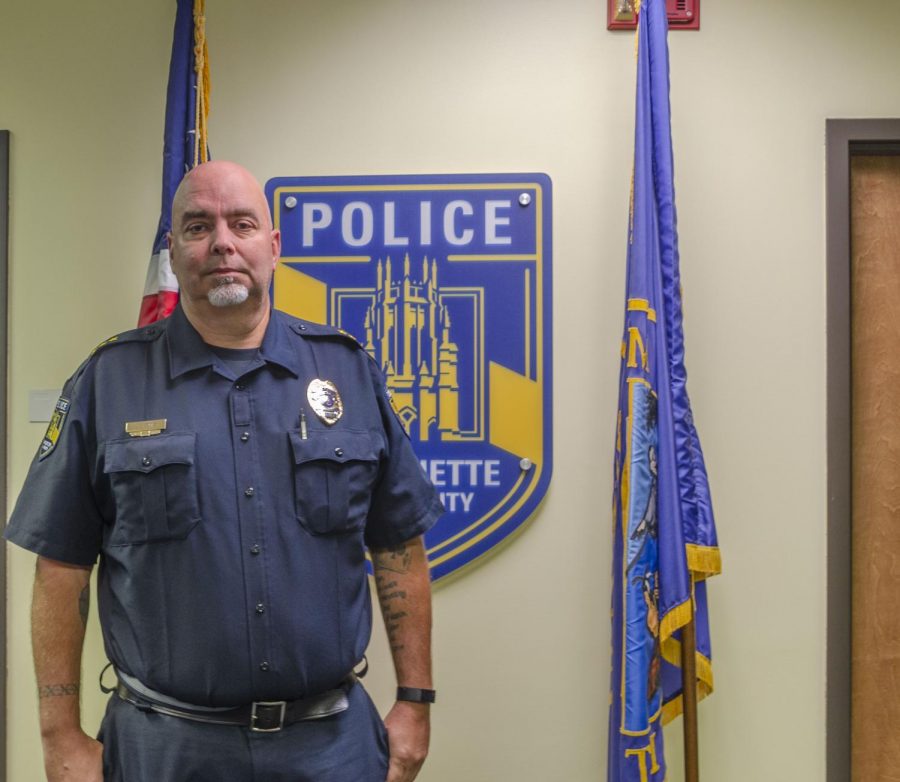
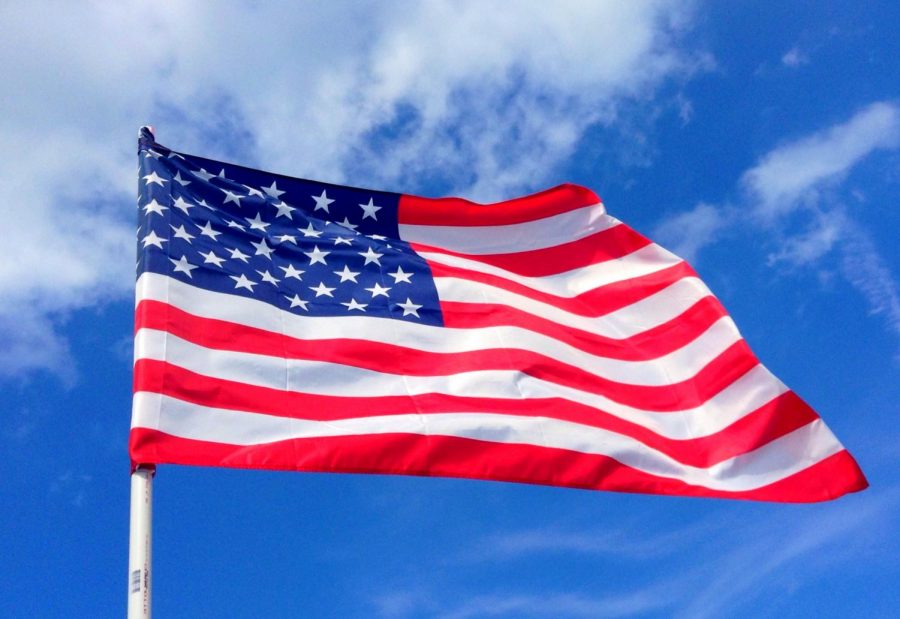
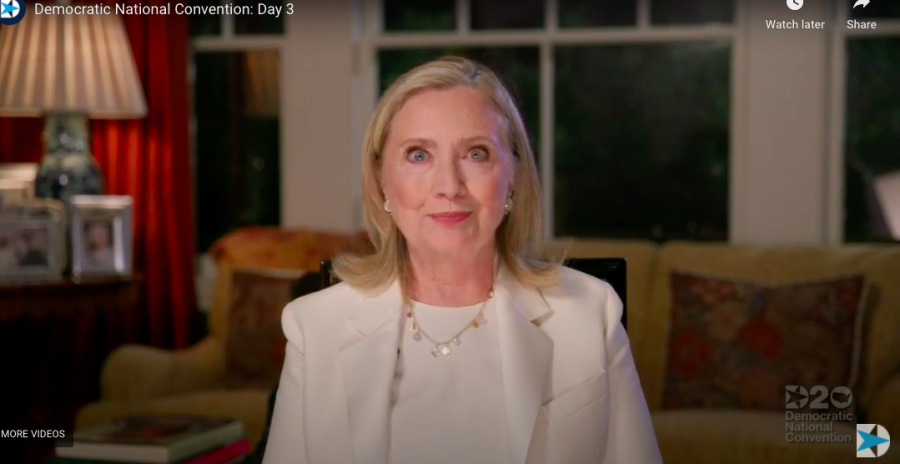
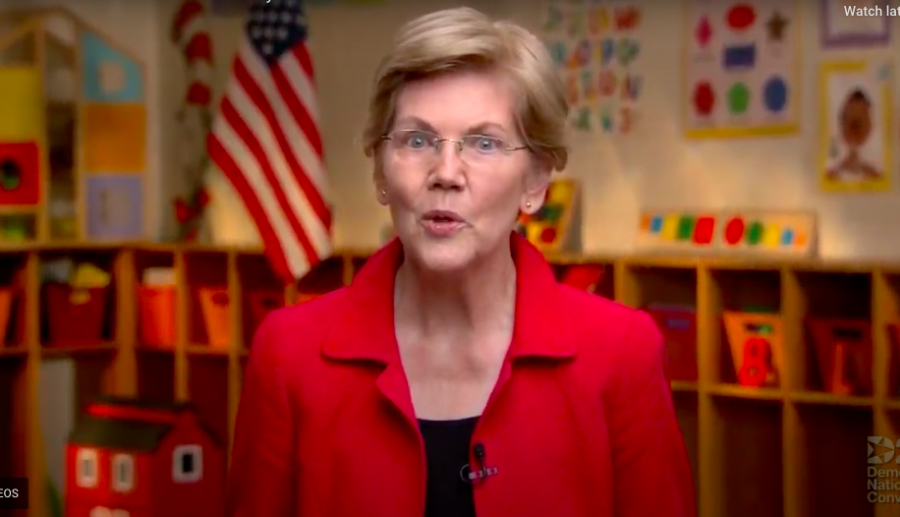
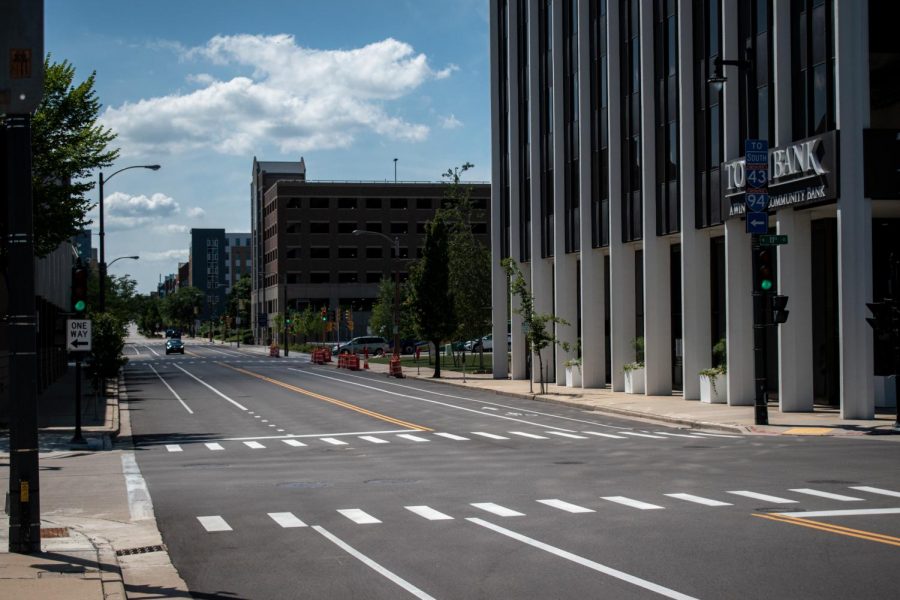
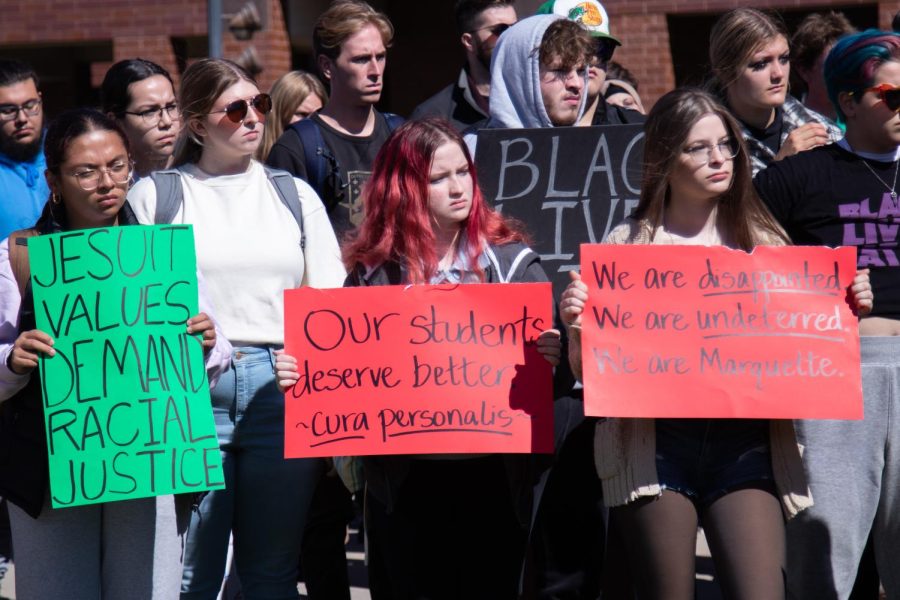
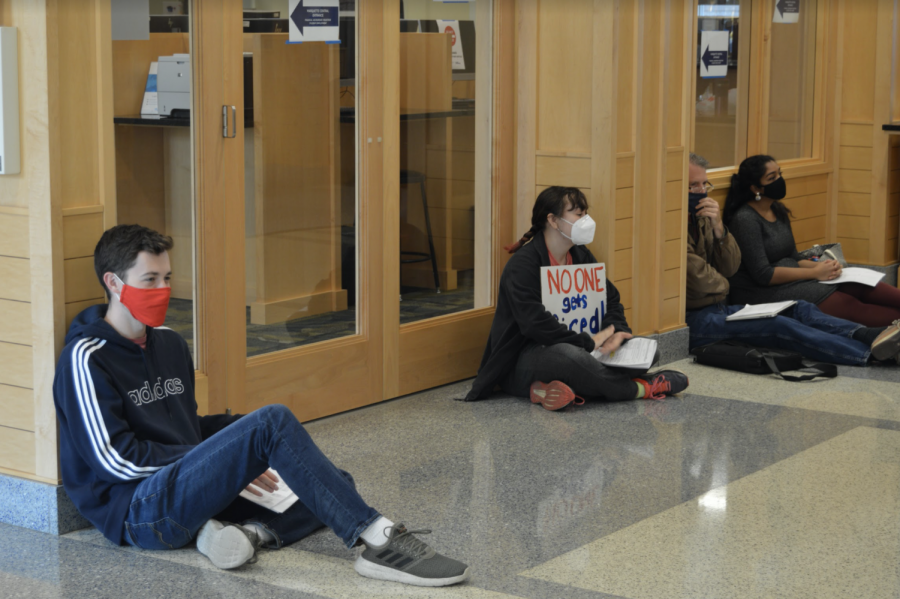
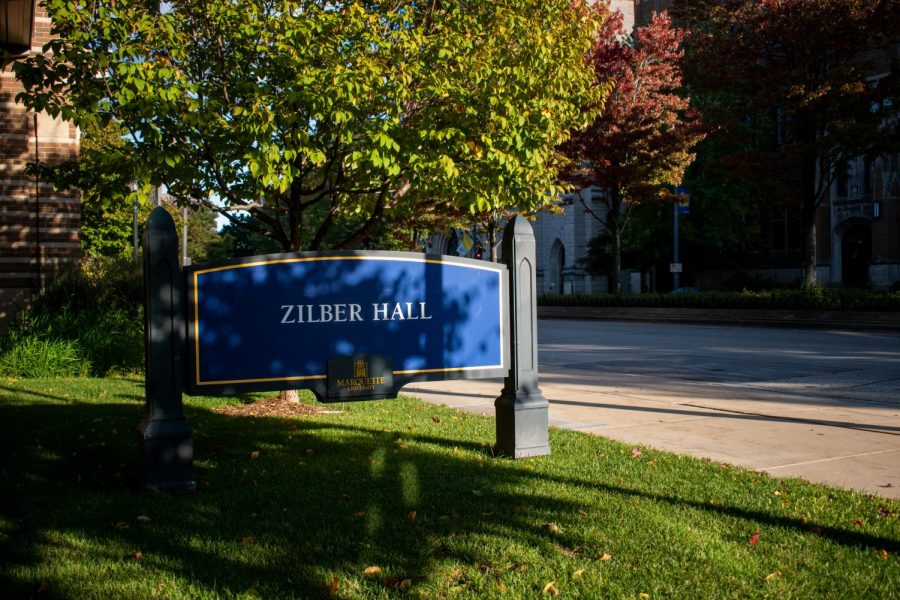
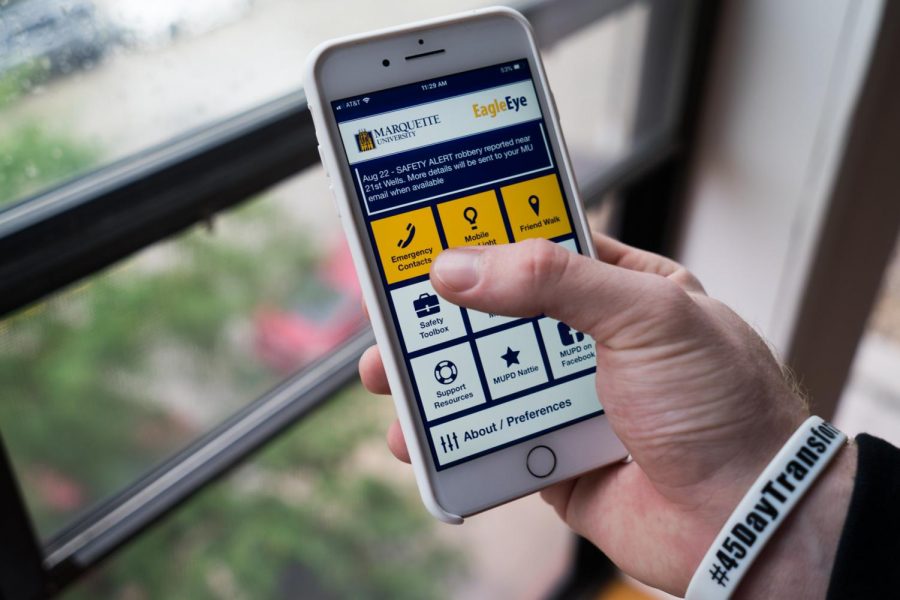
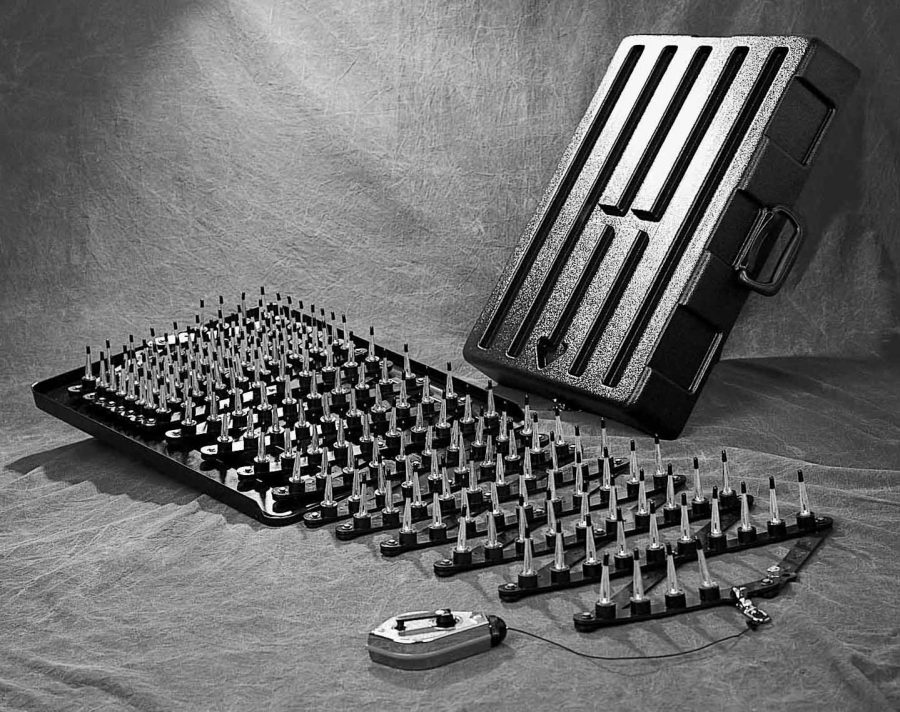
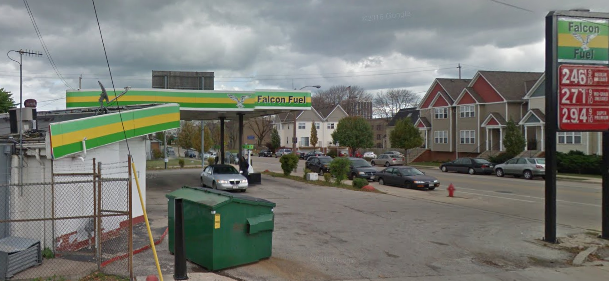
Darla • Sep 17, 2019 at 10:55 pm
I have a ton of respect for the MUPD. I am glad they are receiving extra training.